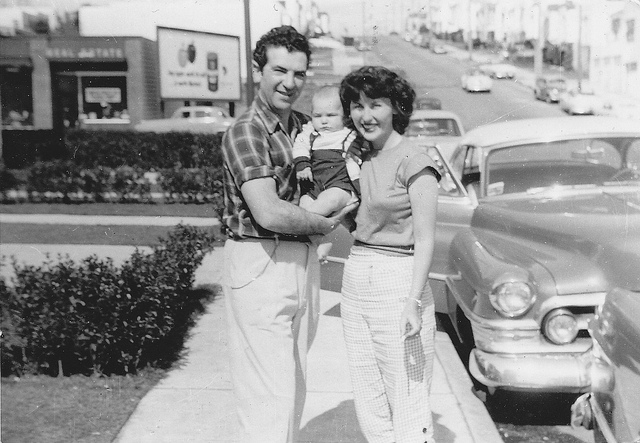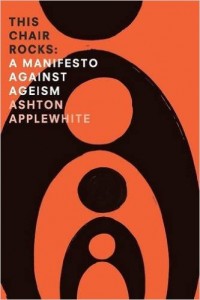
Reprinted from Beggruen Insights, Issue 4, with permission.
Nostalgia often arises out of a real experience of loss. It needs to be addressed and redirected, not ridiculed or denounced. And that applies to the nostalgia that motivates a considerable number of Trump supporters.
I have spent most of my career pointing out the dangers of imagining a Golden Age in the past that we should try to recapture. Nostalgia offers a warped explanation of what actually did work in the past and airbrushes out what did not. It leads to the scapegoating of those who supposedly ruined “the good old days” while providing no tools for coping with the new realities that underlie contemporary challenges.
That said, nostalgia often arises out of a real experience of loss. It needs to be addressed and redirected, not ridiculed or denounced. And that applies to the nostalgia that motivates so many Trump supporters.
more...


